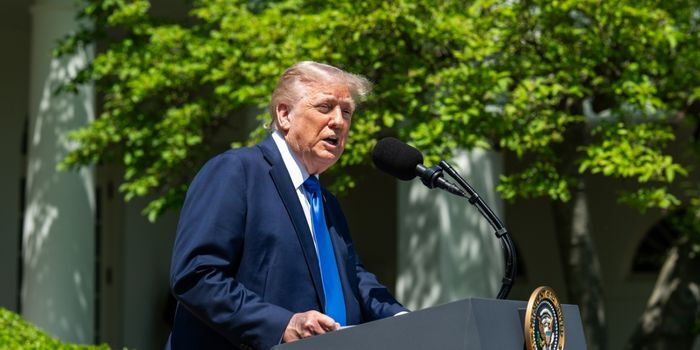The African Union Commission (AUC) has issued a strong call for dialogue and reconsideration following the Trump administration’s decision to ban nationals from seven African countries from entering the United States, citing terrorism risks and visa overstay concerns.
Starting June 9, citizens from Chad, the Republic of the Congo, Equatorial Guinea, Eritrea, Libya, Somalia, and Sudan will be blocked from U.S. entry. The controversial measure is part of a broader policy targeting 12 countries worldwide.
In a statement released on Thursday, June 5, the African Union Commission warned that such sweeping travel restrictions could severely undermine decades of cooperation between the U.S. and African nations.
“The African Union Commission has taken note of the recent proclamation by the Government of the United States imposing new travel restrictions affecting nationals from several countries, including some on the African continent,” read the AUC’s statement.
While acknowledging America’s sovereign right to protect its borders, the AU urged the U.S. to apply its national security measures “in a balanced, evidence-based manner” that reflects the longstanding ties between the two regions.
“We respectfully appeal to the United States to exercise this right in a manner reflective of our shared values and mutual interests,” the Commission added.
The ban’s impact could ripple beyond travel, disrupting academic exchanges, trade ties, and diplomatic cooperation. Countries like Burundi, Sierra Leone, and Togo are facing partial restrictions, while Kenya may not be far off the list, with Trump hinting that more nations could be added depending on future assessments.
This comes amid rising tensions between Washington and Nairobi, with some U.S. lawmakers expressing concern over Kenya’s deepening relations with China. Senator Jim Risch, Chair of the Senate Foreign Relations Committee, has been particularly vocal in urging a reassessment of the U.S.-Kenya alliance.
In March 2024, Kenyans were already put on notice after the U.S. introduced stricter vetting for visa and Green Card applications, including mandatory disclosure of social media history.
Trump, speaking on his platform Truth Social, referenced a terror incident in Boulder, Colorado as justification for tighter controls on immigration and travel—underscoring what he claimed was an urgent national security concern.
The AU, however, is advocating for a diplomatic, dialogue-based framework, urging Washington to de-escalate the policy rhetoric and seek solutions that do not unfairly penalize entire populations.
As African leaders and global observers weigh in, the coming weeks may shape not only the future of U.S.-Africa travel but also the broader direction of geopolitical relations under the returning Trump administration.

